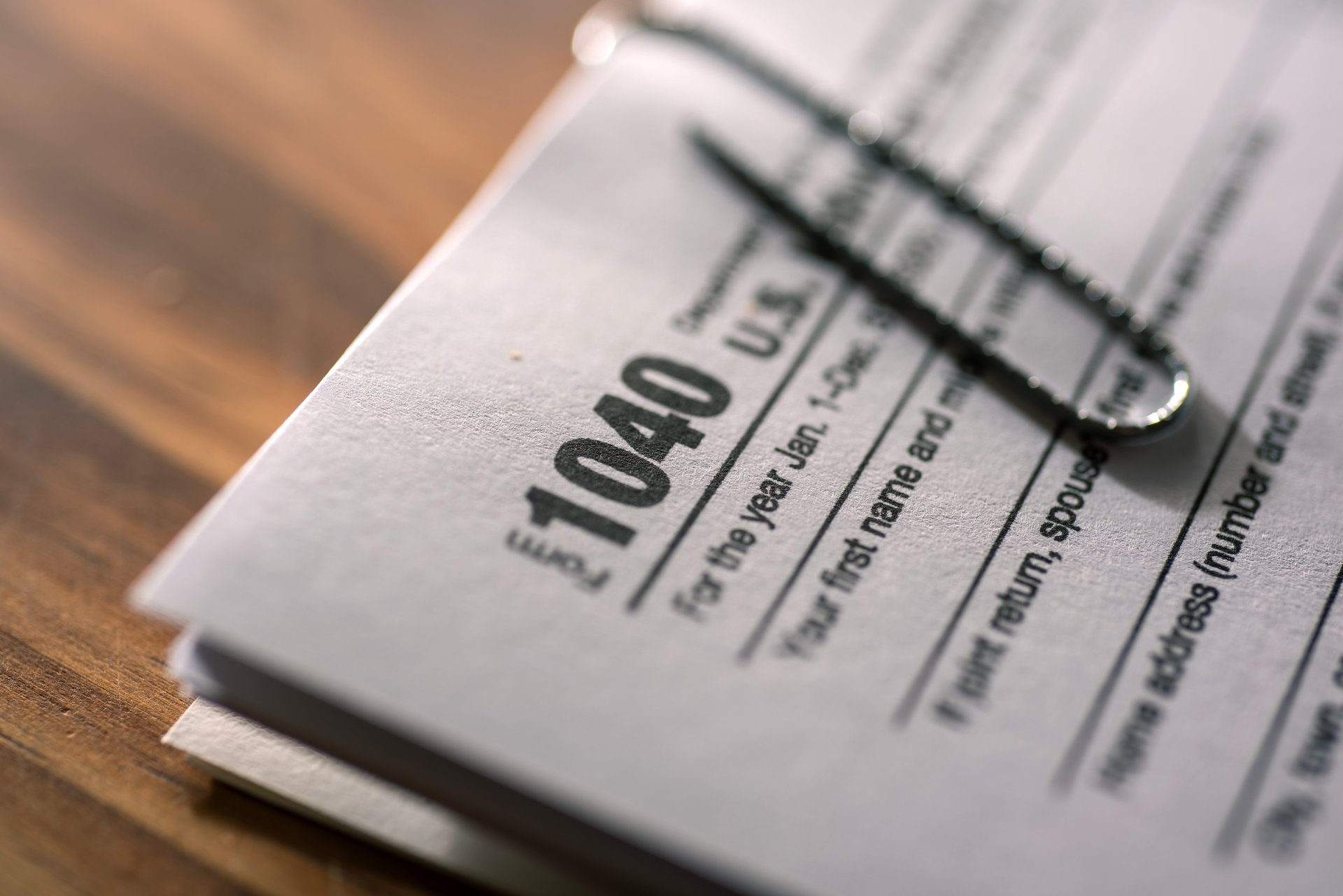The IRS got $1.3 billion in unpaid taxes from rich Americans
The agency said almost 80% of the 1,600 millionaires identified by a new program have since made payments

The Internal Revenue Service launched a crackdown on rich Americans who don’t pay their taxes under the Inflation Reduction Act. In less than a year, the agency has recovered more than $1 billion.
Suggested Reading
It recouped $172 million from 21,000 wealthy Americans who haven’t paid their taxes since 2017, the tax collector announced Friday alongside the U.S. Department of the Treasury. The IRS also recovered $1.1 billion from millionaires with delinquent tax debt.
Related Content
The announcement highlights the early achievements of the initiative, introduced by the IRS last fall and funded by the Biden administration’s key economic legislation. Under the plan, the tax agency went after “high-income, high-wealth individuals” who had unpaid tax debts. The initiative focuses on taxpayers with more than $1 million in income and more than $250,000 in recognized tax debt.
The agency said nearly 80% of the 1,600 millionaires identified by the program have since made payments. It hit the $1 billion milestone in July.
In February, the IRS launched a similar program to pursue 125,000 wealthy taxpayers who haven’t filed taxes since 2017.
Earlier this year, the IRS said it could raise more than $50 billion over the next decade by closing a major tax loophole used by the wealthy, and will propose new regulations and issue a ruling that would put an end to “basis shifting,” or transactions where a business or individual moves assets to related parties to dodge taxes.
As of March 31, 2024, the IRS has spent $5.7 billion of the $57.8 billion it received in IRA funds, according to the US Treasury Inspector General for Tax Administration. That money has gone to tax enforcement, operations support, business system modernization and taxpayer services, the Inspector General found.
Thanks to the IRA, the IRS said it has been able to modernize 65-year-old technology and launch more digital tools in the last two years than in the previous two decades. That includes the Direct File program, which lets people electronically file their taxes directly to the government for free. It was piloted in a limited number of states last year and will be rolled out in all 50 states for next year’s tax season.
